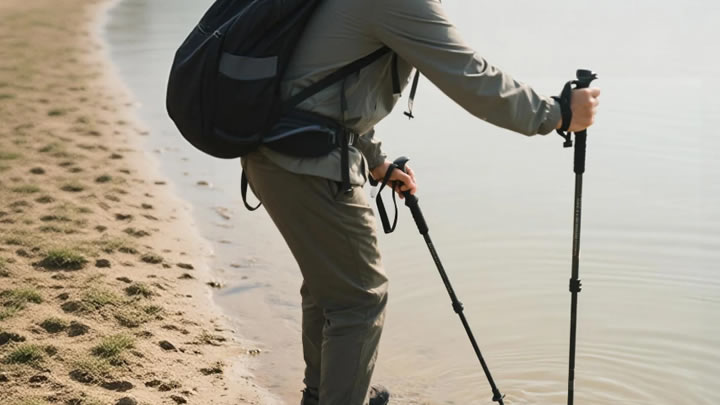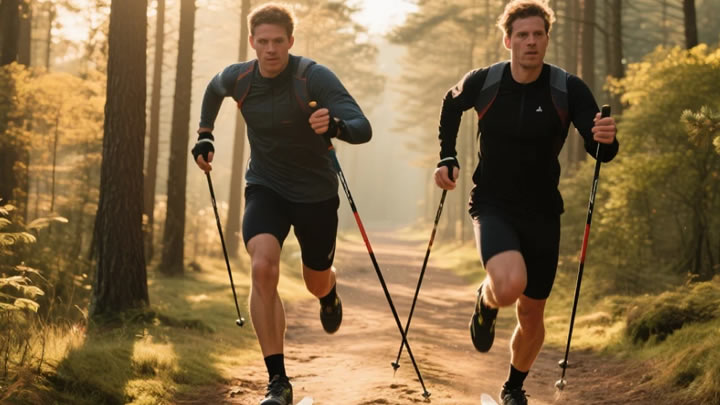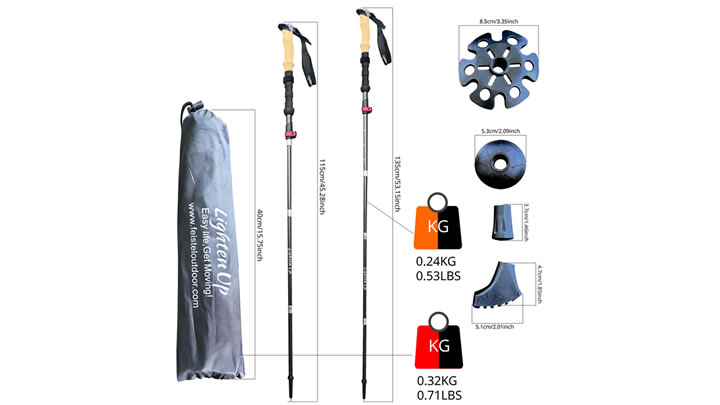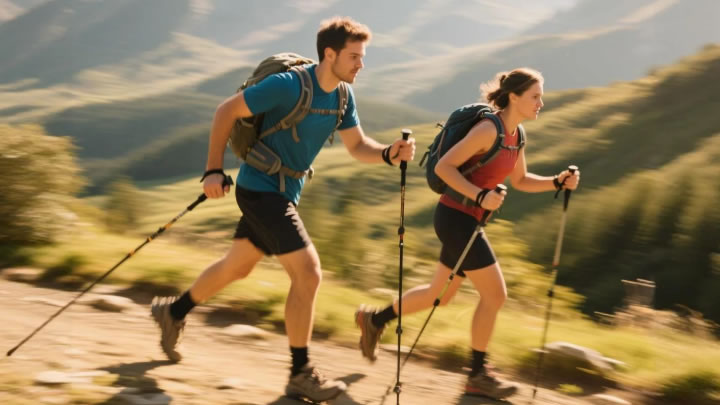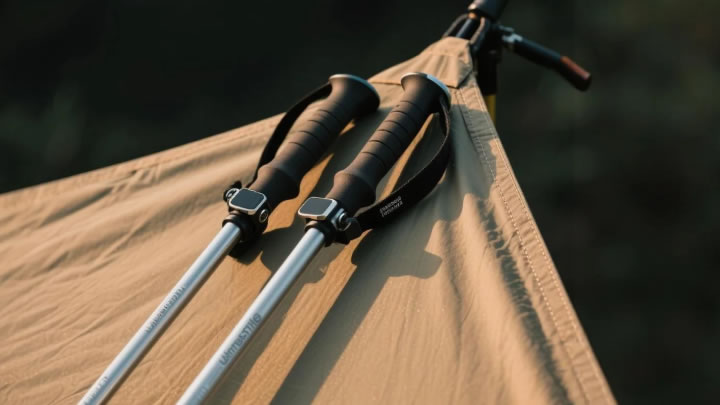Camping on the Beach: Safety Tips, Rules, and What You Need to Know
Camping on the beach is a magical experience—falling asleep to the sound of waves and waking up to a stunning sunrise is hard to beat. However, beach camping comes with its own set of challenges and risks. To ensure your trip is safe and enjoyable, it’s important to be prepared. In this blog, we’ll cover essential safety tips, rules, and everything you need to know about camping on the beach.
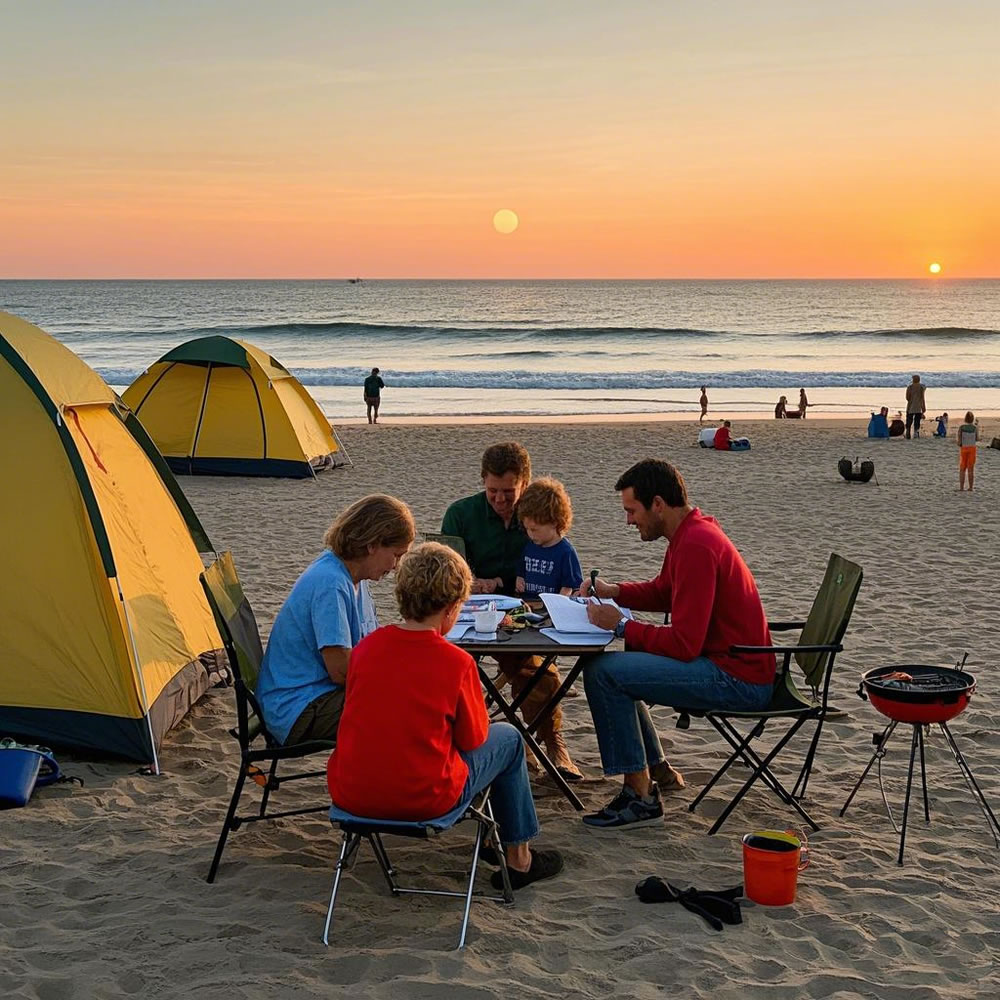
1. Know the Rules and Regulations
Before you head out, research the specific rules for your chosen beach campground. Some beaches have restrictions on:
- Campfires: Many beaches prohibit fires or require a permit.
- Pets: Check if pets are allowed and if they need to be leashed.
- Vehicles: Some beaches allow driving on the sand, while others do not.
- Permits: Certain areas require camping permits or reservations.
Always follow these rules to avoid fines and protect the environment.
2. Check the Weather and Tides
Beach conditions can change rapidly, so it’s crucial to monitor the weather forecast and tide schedules. Avoid camping during storms, high winds, or high tides, as these can make your trip dangerous. Use apps like Tide Chart or Weather.com to stay informed.
3. Choose the Right Campsite
When setting up camp, pick a spot that’s:
- Above the high tide line: This prevents your tent from being flooded.
- Sheltered from the wind: Look for natural barriers like dunes or vegetation.
- Away from wildlife: Avoid areas with signs of animal activity to reduce encounters.
4. Pack the Right Gear
Beach camping requires specific gear to handle sand, wind, and water. Here’s a quick checklist:
- Sand stakes: Regular tent stakes won’t hold in the sand.
- Waterproof bags: Protect your belongings from moisture and sand.
- Portable shade: A canopy or umbrella provides relief from the sun.
- Sun protection: Bring sunscreen, sunglasses, and a wide-brimmed hat.
- First aid kit: Be prepared for minor injuries or emergencies.
5. Stay Hydrated and Protect Yourself from the Sun
The combination of sun, wind, and saltwater can quickly dehydrate you. Bring plenty of freshwater for drinking, cooking, and cleaning. Apply sunscreen regularly and wear protective clothing to avoid sunburn.
6. Be Aware of Wildlife
Beaches are home to a variety of wildlife, from birds to crabs and even larger animals like seals or jellyfish. Keep a safe distance, store food securely, and avoid feeding animals. If you’re camping in an area with bears or other large wildlife, use bear-proof containers for food storage.
7. Practice Fire Safety
If campfires are allowed, follow these safety tips:
- Use a designated fire ring or pit.
- Keep the fire small and never leave it unattended.
- Fully extinguish the fire with water before leaving.
- Avoid using driftwood, as it can release harmful chemicals when burned.
8. Respect the Environment
Beach ecosystems are fragile, so it’s important to follow Leave No Trace principles:
- Pack out all trash, including food scraps.
- Avoid disturbing plants and wildlife.
- Use biodegradable soap if you need to wash dishes or yourself.
- Stay on designated paths to prevent erosion.
9. Be Prepared for Emergencies
Always have a plan in case of emergencies:
- Bring a first aid kit and know basic first aid procedures.
- Carry a whistle or signal mirror for emergencies.
- Let someone know your plans and expected return time.
- Familiarize yourself with the nearest medical facilities or ranger stations.
10. Enjoy Responsibly
While safety is important, don’t forget to have fun! Take time to relax, explore, and enjoy the natural beauty around you. Just remember to do so responsibly, ensuring that the beach remains pristine for future campers.
Final Thoughts
Camping on the beach is an incredible way to connect with nature, but it requires careful planning and preparation. By following these safety tips, rules, and guidelines, you can ensure a safe and enjoyable experience. From checking the weather and tides to packing the right gear and respecting the environment, these steps will help you make the most of your beach camping adventure.
By targeting keywords like "camping on the beach," "beach camping safety tips," and "beach camping rules," this blog is optimized for search engines while providing practical advice for readers. So pack your bags, follow these tips, and get ready for an unforgettable beach camping trip! Happy camping!

